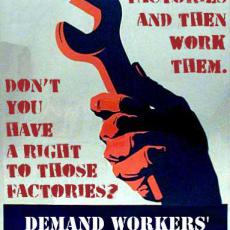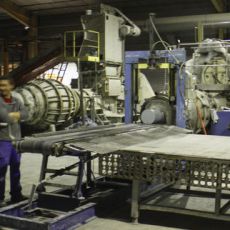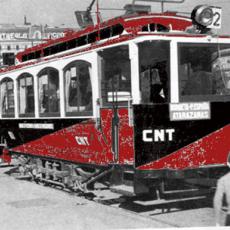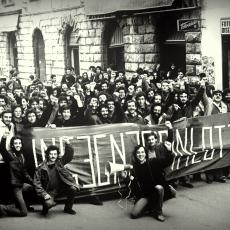Labour process and decision-making in factories under workers’ self-management: empirical evidence from Argentina
The turn of the century found Argentina in a state of economic and political turmoil. On the one side, the economic downturn experienced by the country between 1998 and 2002, by leaving hundreds of companies in a situation of bankruptcy and thousands of wage-workers facing the prospect of unemployment, threatened the livelihoods of the subaltern classes as a whole. On the other side, the combination of instability in the political alignments and divisions in the ruling elite with a process of popular mobilisation, led to the social upheaval that brought down the Government in December 2001. In this context, thousands of workers gradually began to take control of the machinery, buildings and installations of the factories in crisis or abandoned by their owners, and restarted the production as a mean to guarantee their survival. The occupations were thus originated as a defensive action against job losses in the midst of massive unemployment (Martínez & Vocos 2002) …




